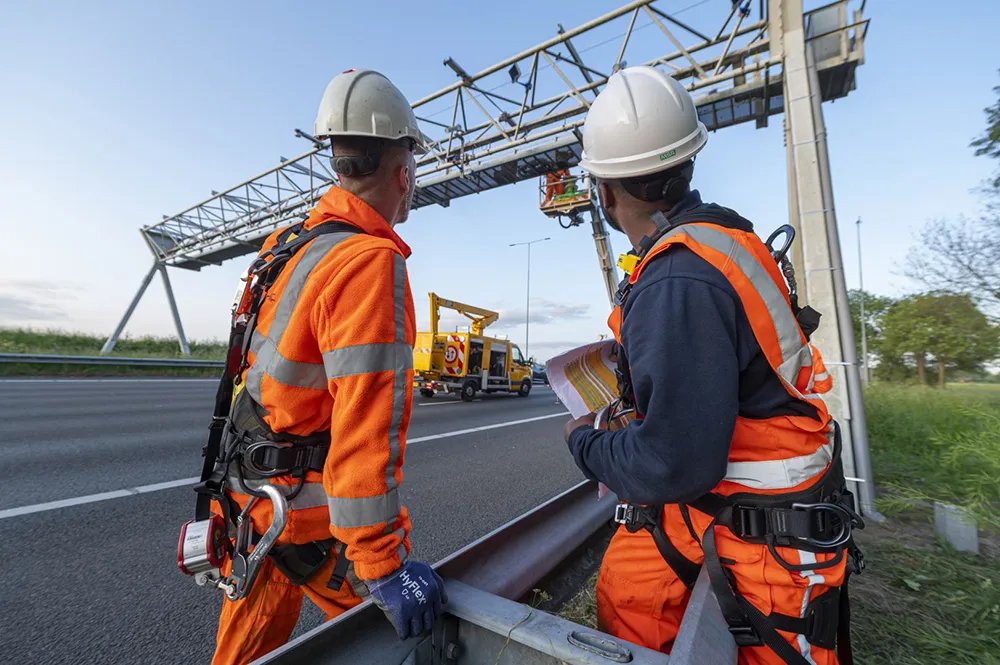Sustainable transport group Transport & Environment has welcomed the announcement by Violeta Bulc, the EU’s head of transport, of plans to develop a Europe-wide scheme to charge lorries and cars for using roads.
Bulc stressed that the scheme would be optional, meaning that countries could opt out if they want to. She also emphasised that the fee should be based exclusively on the distance driven and should not be time-dependent, which would bolster more efficient use of roads.
European countries curre
February 2, 2015
Read time: 2 mins
Sustainable transport group 7984 Transport & Environment has welcomed the announcement by Violeta Bulc, the EU’s head of transport, of plans to develop a Europe-wide scheme to charge lorries and cars for using roads.
Bulc stressed that the scheme would be optional, meaning that countries could opt out if they want to. She also emphasised that the fee should be based exclusively on the distance driven and should not be time-dependent, which would bolster more efficient use of roads.
European countries currently have many different schemes for road tolls. Some, like France and Italy, have tolled highways. Others have time-based vignettes for cars and lorries while others, like Germany, Poland and Austria, have kilometre-based charges for lorries but not for passenger vehicles.
William Todts, senior policy officer at Transport & Environment, commented: “EU governments are all faced with similar problems: falling fuel tax revenues, heavy congestion, and stubbornly high transport emissions. Smart, distance-based tolls are the way to tackle these problems head-on, and Europe can play a very useful role in making sure systems across the continent work together as well as possible. So we'll need some common rules for those countries that want to introduce kilometre-based tolls.
“The EU should also make it easier to introduce distance-based charging, and avoid putting too many rules and obstacles in the way. It should remove technical barriers and ensure the compatibility of different systems. And it should use its infrastructure funds to help countries overcome the investment barriers they face when they want to start road charging.”
Bulc stressed that the scheme would be optional, meaning that countries could opt out if they want to. She also emphasised that the fee should be based exclusively on the distance driven and should not be time-dependent, which would bolster more efficient use of roads.
European countries currently have many different schemes for road tolls. Some, like France and Italy, have tolled highways. Others have time-based vignettes for cars and lorries while others, like Germany, Poland and Austria, have kilometre-based charges for lorries but not for passenger vehicles.
William Todts, senior policy officer at Transport & Environment, commented: “EU governments are all faced with similar problems: falling fuel tax revenues, heavy congestion, and stubbornly high transport emissions. Smart, distance-based tolls are the way to tackle these problems head-on, and Europe can play a very useful role in making sure systems across the continent work together as well as possible. So we'll need some common rules for those countries that want to introduce kilometre-based tolls.
“The EU should also make it easier to introduce distance-based charging, and avoid putting too many rules and obstacles in the way. It should remove technical barriers and ensure the compatibility of different systems. And it should use its infrastructure funds to help countries overcome the investment barriers they face when they want to start road charging.”








